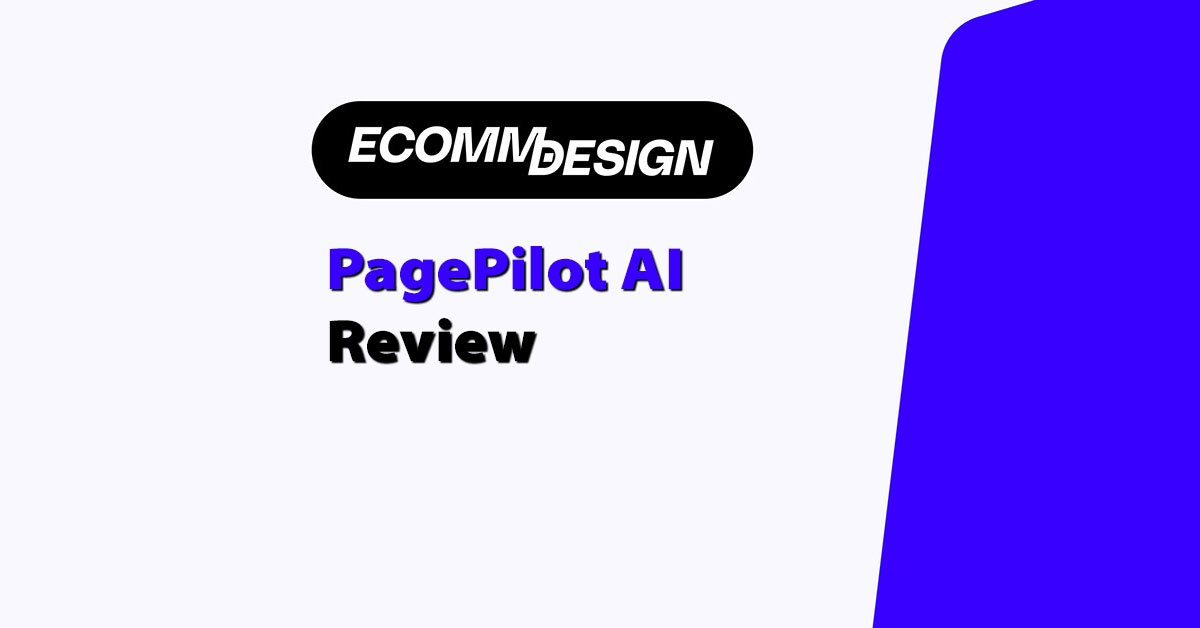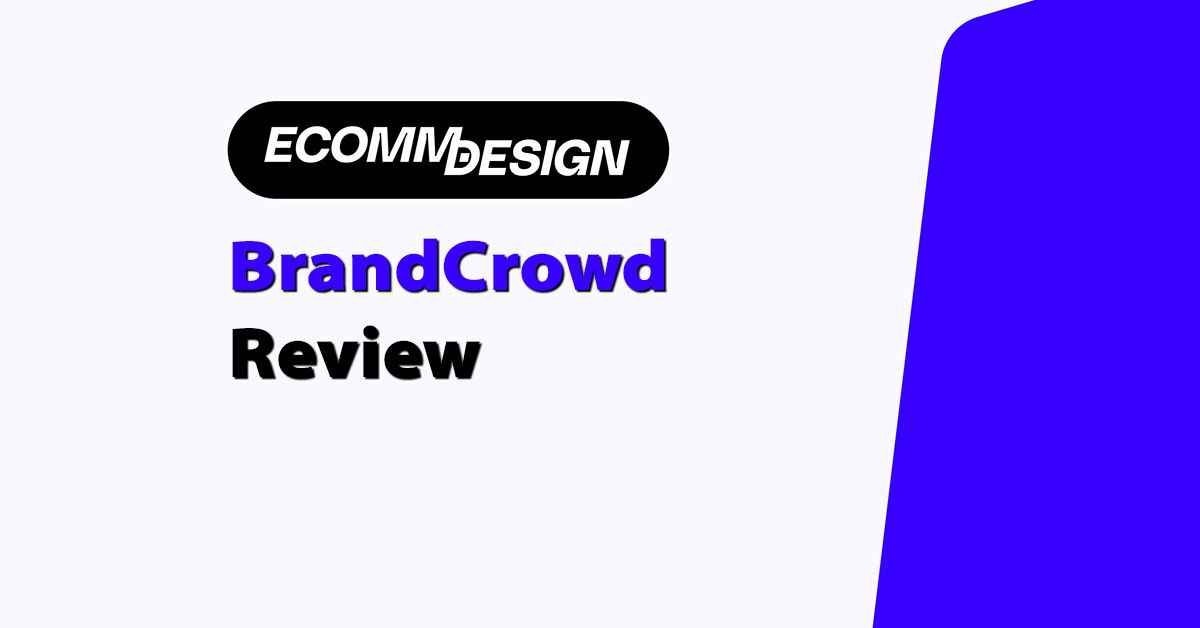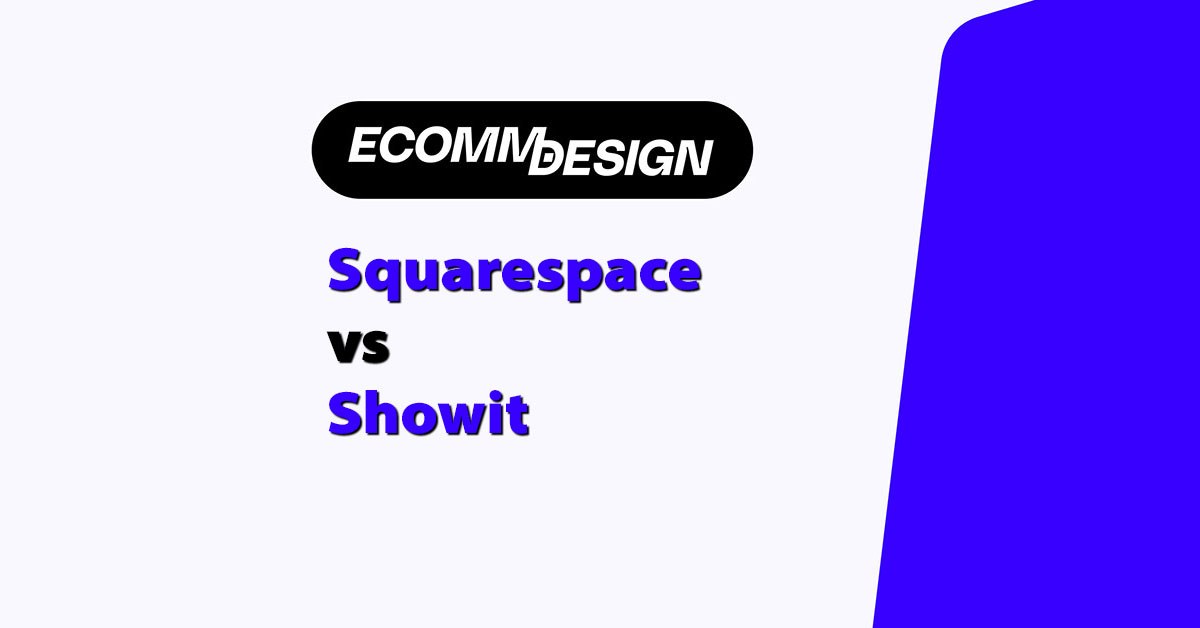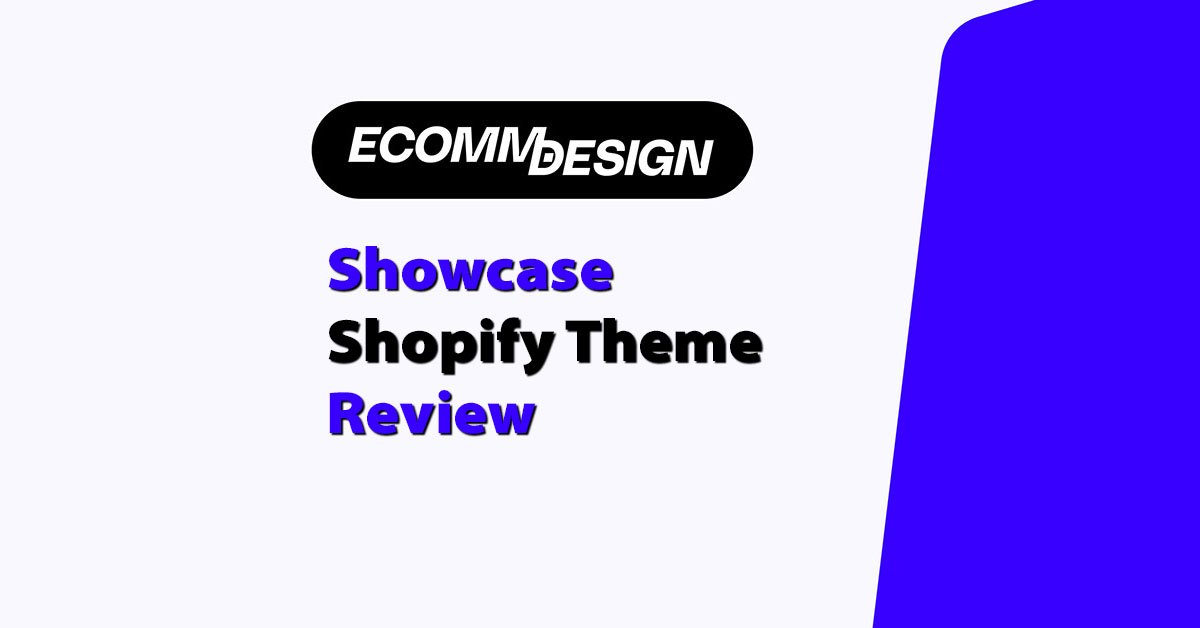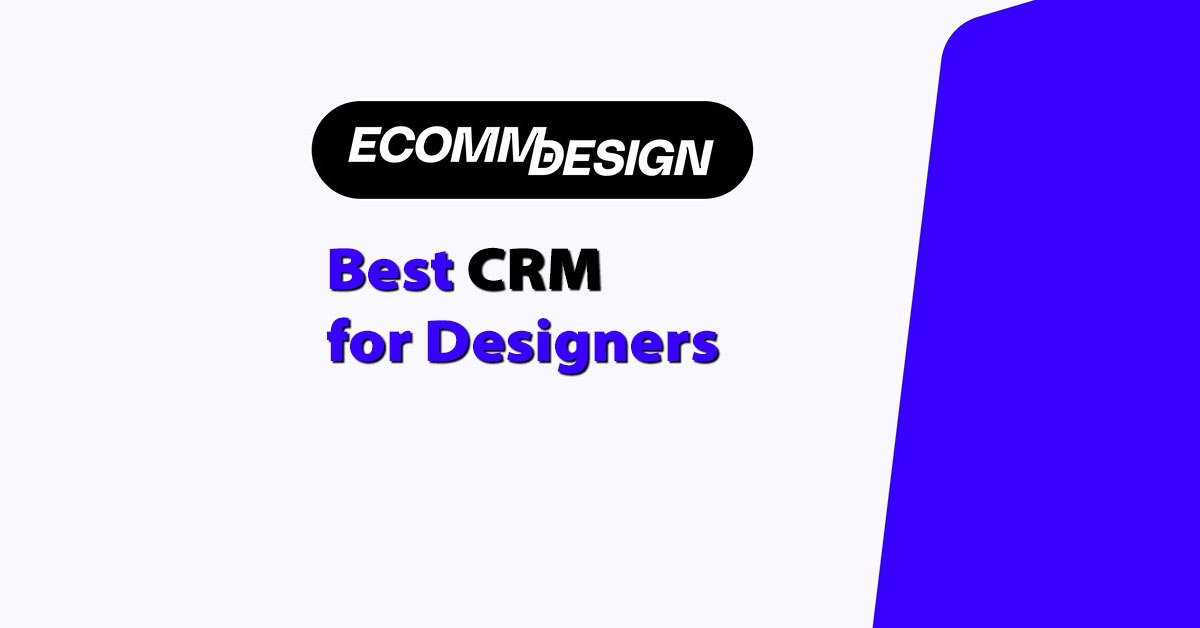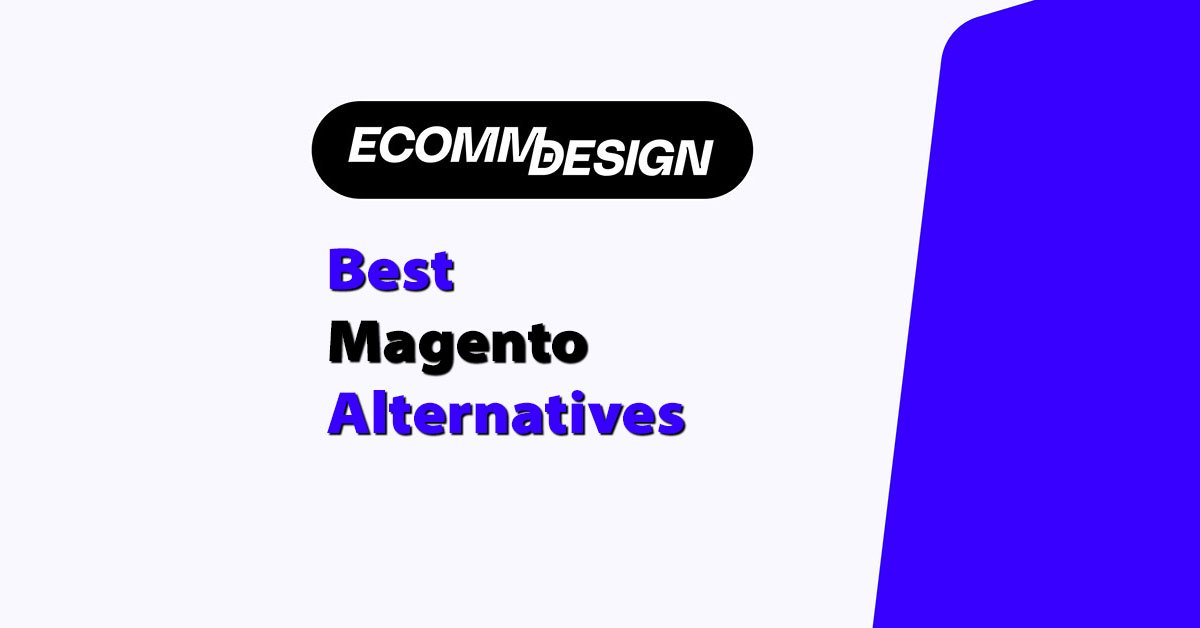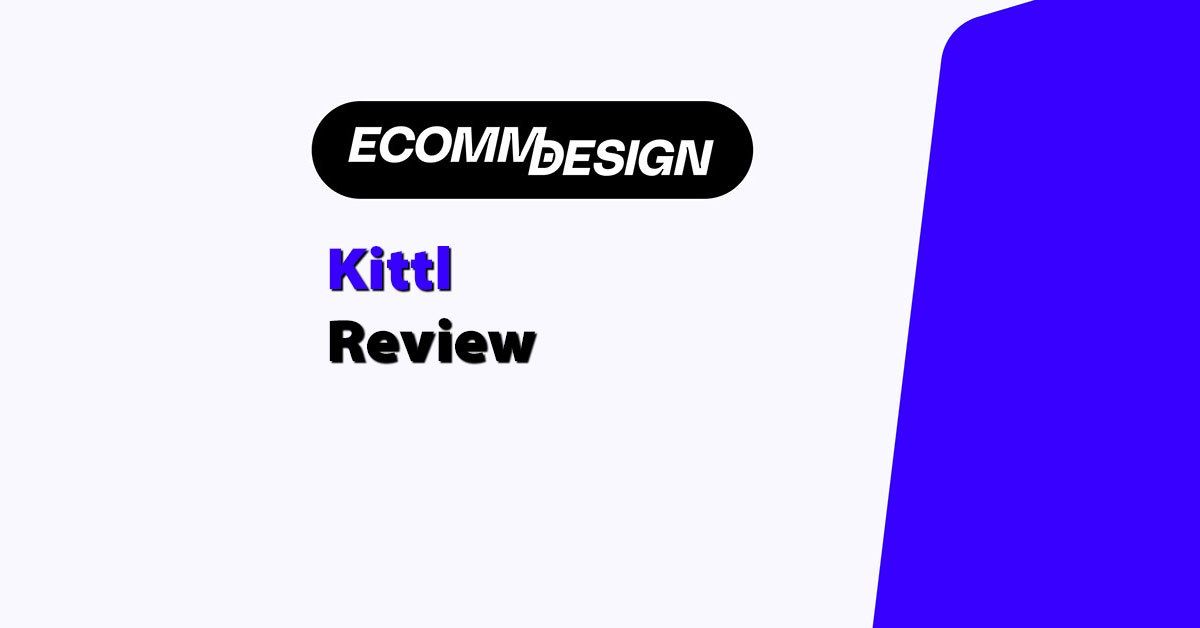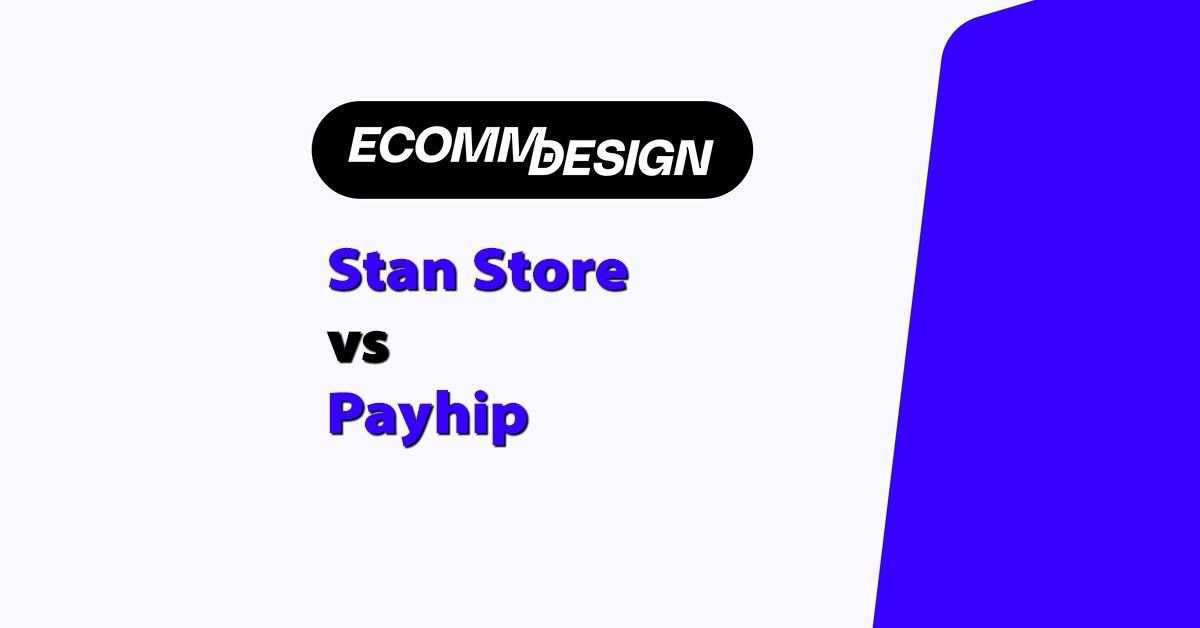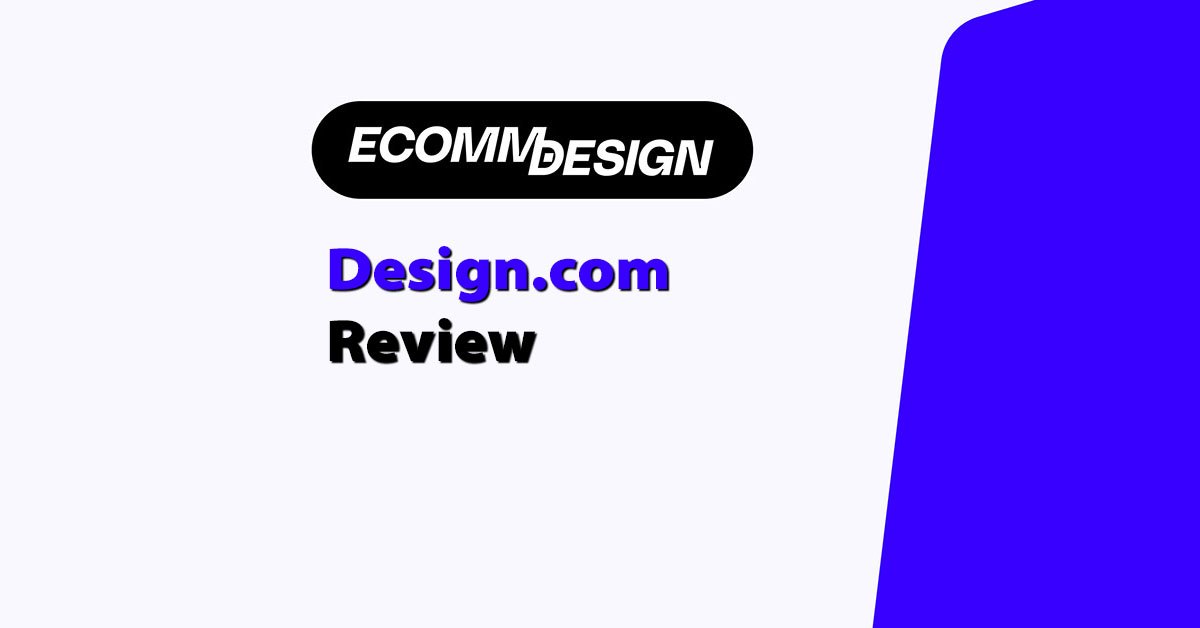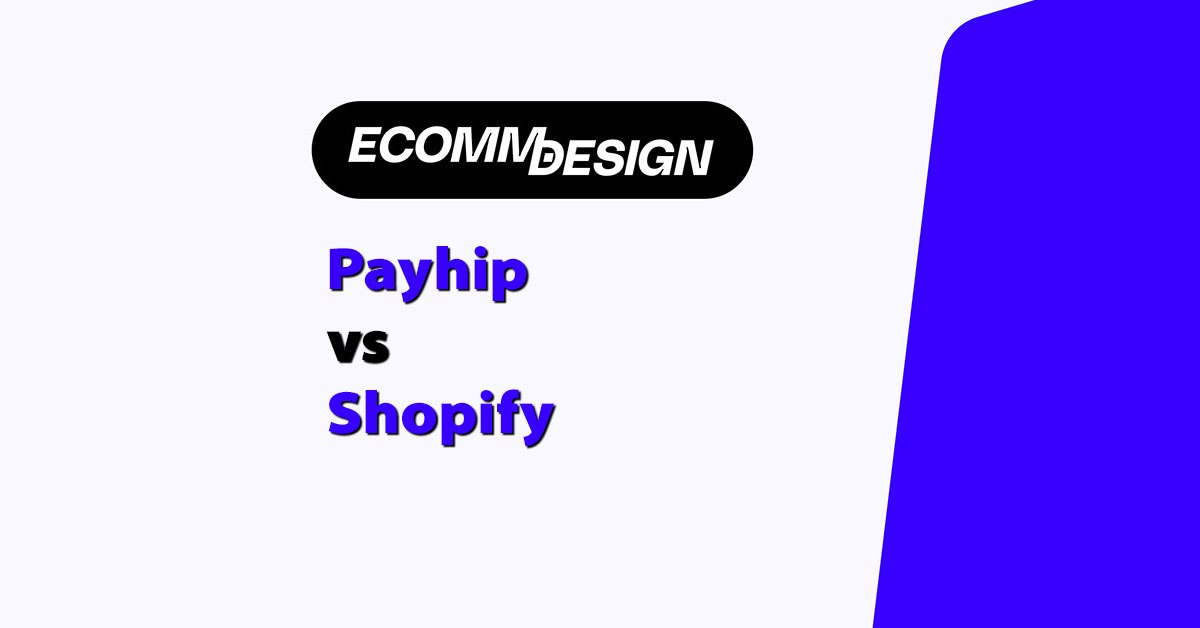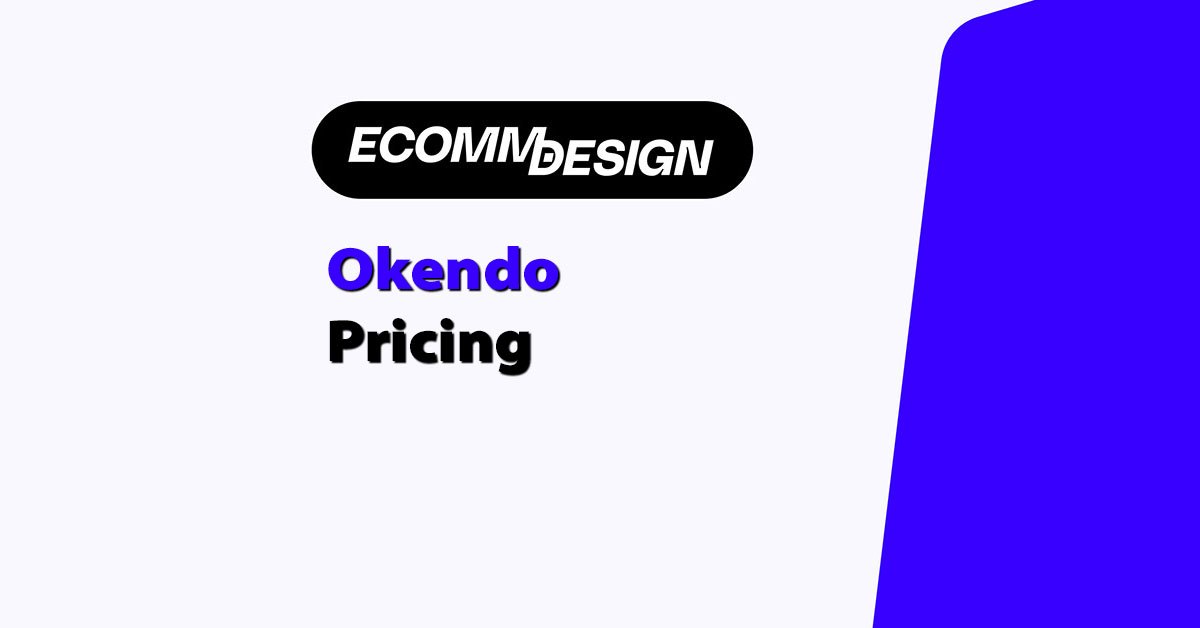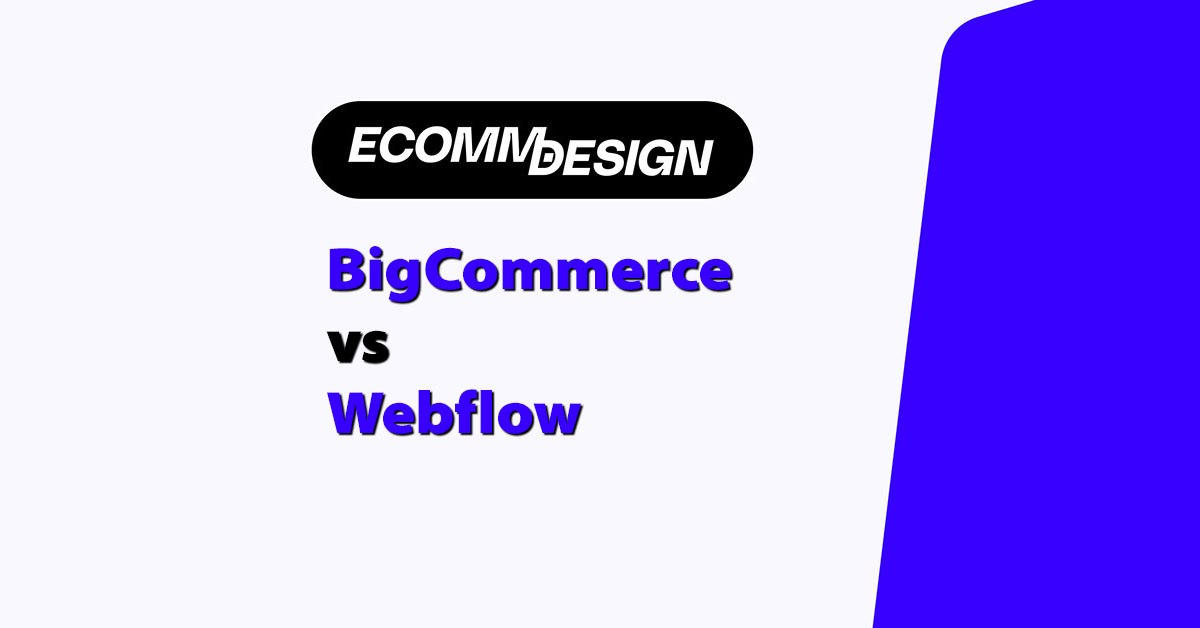
If you’re building an online store, the platform you choose is a huge decision.
I’ve spent hours testing both BigCommerce and Webflow, tinkering with the features, breaking the layout (more than once), and actually setting up storefronts on both.
On paper, they serve different types of users. But there’s a lot of overlap, and if you’re not sure which one to commit to — this in-depth breakdown will help you choose the right tool for your business.
Let’s dive in. I’ll break it down section-by-section, feature-by-feature, with clear winners every time.
